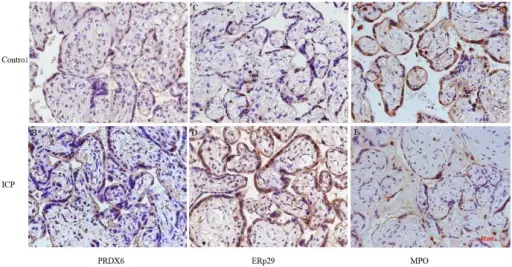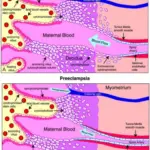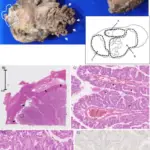Intrahepatic cholestasis of pregnancy is the condition that disturbs the normal flow of bile.
What is the Pathology of Intrahepatic Cholestasis of Pregnancy?
The pathology of intrahepatic cholestasis of pregnancy is:
-Etiology: The cause of intrahepatic cholestasis of pregnancy is bile.
-Genes involved: None.
-Pathogenesis: The sequence of events that lead to intrahepatic cholestasis of pregnancy includes a defect in excretion of bile salts, which leads to increased serum bile acids.
-Histology: The histology associated with intrahepatic cholestasis of pregnancy shows microvesicular steatosis in zones 2 or 3 (vacuoles may be very small).
How does Intrahepatic Cholestasis of Pregnancy Present?
Patients with intrahepatic cholestasis of pregnancy typically affect females present at the age range of 20 and above. The symptoms, features, and clinical findings associated with intrahepatic cholestasis of pregnancy include severe itching, dark urine or light-colored bowel movements, jaundice, loss of appetite, and nausea.
How is Intrahepatic Cholestasis of Pregnancy Diagnosed?
Intrahepatic cholestasis of pregnancy is diagnosed using physical examination and blood tests.
How is Intrahepatic Cholestasis of Pregnancy Treated?
Intrahepatic cholestasis of pregnancy is treated with ursodeoxycholic acid or to terminate the pregnancy.
What is the Prognosis of Intrahepatic Cholestasis of Pregnancy?
The prognosis of intrahepatic cholestasis of pregnancy is poor with most leading to pregnancy termination.



